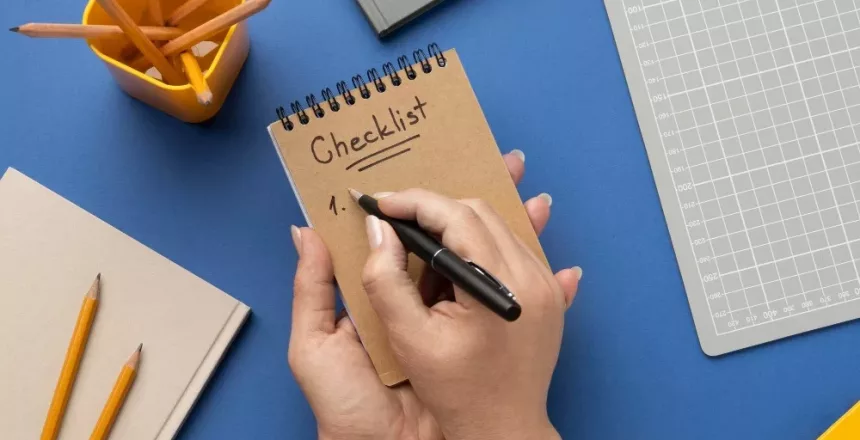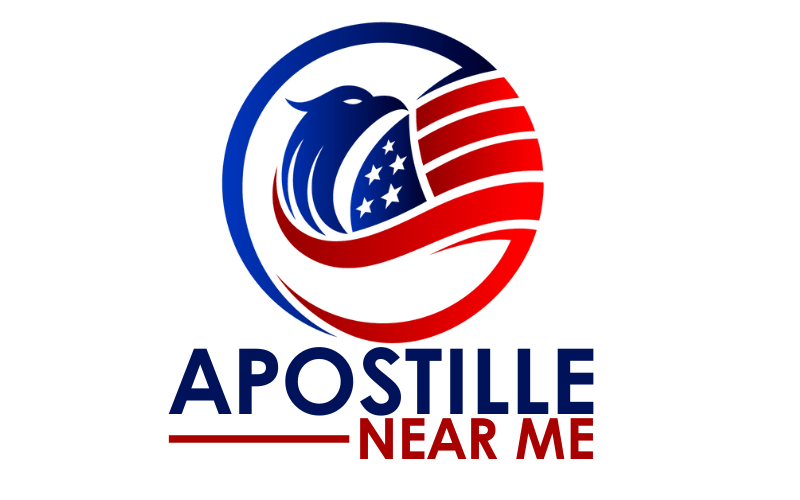
In today’s globalized world, individuals and businesses frequently find themselves dealing with documents that must be recognized and accepted in foreign countries. These documents often require authentication to ensure their legal validity abroad. The Hague Apostille Convention has simplified this process by creating a standardized method for validating documents across borders. In this comprehensive guide, we will provide a checklist of common documents that typically require an apostille, shedding light on why these documents need authentication and how individuals and businesses can navigate this essential process.
- Personal Identification Documents
a. Passports
Why: Passports often require apostilles when they are used for immigration, visa applications, or proof of identity in foreign countries.
How: Obtain an apostille for your passport from the relevant government authority, such as the Department of State in the United States.
b. Birth Certificates
Why: Birth certificates are essential for various purposes, including marriage abroad, adoption, and immigration.
How: Request an apostille from the authority that issued your birth certificate, usually the vital records office or equivalent.
c. Marriage Certificates
Why: Marriage certificates may need apostilles when applying for spousal visas, changing marital status in another country, or settling legal matters internationally.
How: Contact the agency responsible for registering marriages in your country to obtain an apostille.
- Educational Documents
a. Diplomas and Degrees
Why: Educational documents are required when applying for international academic programs, jobs, or professional licenses.
How: Your educational institution or relevant educational authority can provide the necessary apostille.
b. Transcripts
Why: Transcripts verify your educational history and may be needed for job applications, further studies, or professional licensing.
How: Obtain an apostille for your transcripts from the appropriate educational authority.
- Legal Documents
a. Power of Attorney
Why: When granting someone the legal authority to act on your behalf in another country, an apostilled power of attorney may be required.
How: Consult a notary public or legal professional to draft the power of attorney, and then get it apostilled.
b. Court Documents
Why: Court judgments, divorce decrees, and other legal documents may need apostilles for enforcement or recognition in foreign jurisdictions.
How: Contact the court or legal authority that issued the document to obtain an apostille.
- Business Documents
a. Certificates of Incorporation
Why: When expanding or doing business internationally, apostilled certificates of incorporation may be necessary to open bank accounts or enter into contracts.
How: Request an apostille from the government department responsible for business registration.
b. Contracts and Agreements
Why: International business agreements, contracts, and corporate resolutions often require apostilles to be legally recognized abroad.
How: Consult your legal counsel to draft these documents and then obtain apostilles as needed.
- Notarized Documents
a. Notarized Affidavits
Why: Affidavits, sworn statements, and other notarized documents may need apostilles for various legal and business purposes.
How: Have your document notarized by a qualified notary public and then obtain an apostille.
- Powers of Attorney
a. Medical Powers of Attorney
Why: Medical powers of attorney are used for healthcare decisions when an individual is unable to make them.
How: Consult a legal professional to draft a medical power of attorney, and then obtain an apostille if required.
Conclusion
Understanding the types of documents that commonly require apostilles is crucial for individuals and businesses engaged in international activities. Whether you’re pursuing education abroad, conducting business internationally, or navigating legal matters with cross-border implications, having the right documents with apostilles can make the process smoother and more legally valid. Always remember that the specific requirements for obtaining an apostille may vary by country, so it’s essential to consult the relevant government authorities or legal professionals to ensure your documents are properly authenticated for international use. By following this checklist and seeking the necessary apostilles, you can ensure that your documents are recognized and accepted across borders, facilitating your personal and professional endeavors on the global stage.
ONLINE APOSTILLE FORM HERE


